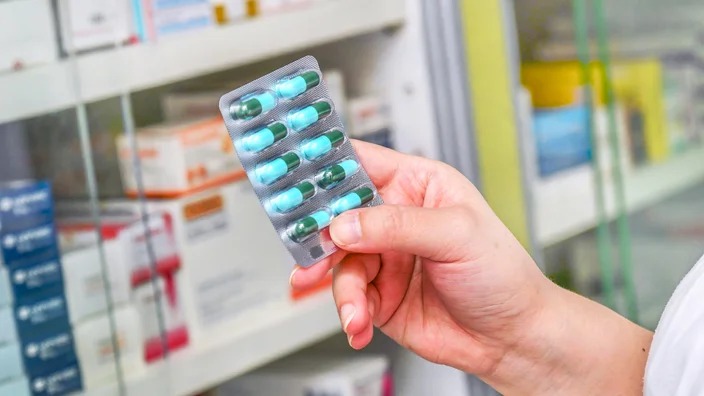5 Most Important Pills For Pregnant Women
By Mia Evelyn
16 January 2023
Pregnancy is a beautiful, life-changing experience. It can also be a stressful time for many women, as there are so many things to consider for the health and well-being of both the mother and baby. One of the most important things for pregnant women is to make sure they are taking the right vitamins and medications. In this blog post, we will explore the five most important pills for pregnant women to ensure a healthy and safe pregnancy.

Folic Acid
Folic acid is one of the most important vitamins for pregnant women. It helps prevent birth defects in babies, including spinal Bifida and neural tube defects. During pregnancy, women need at least 400 micrograms of folic acid per day. Folic acid can be found in many foods, such as leafy green vegetables, legumes, fortified cereals and grains, citrus fruits, and liver. Supplements are also available if necessary. Folic acid is essential in helping to develop a baby’s brain and spinal cord, so pregnant women need to ensure that they are getting enough of this vitamin. If a woman is considering becoming pregnant or already is pregnant, she should consult her doctor to determine the right amount of folic acid that she needs.

DHA
DHA is an essential fatty acid that plays a critical role during pregnancy. It helps in the development of the brain and nervous system in the fetus and aids in cognitive development. DHA can be found in food sources such as fatty fish, eggs, and fortified foods, but many pregnant women don't get enough of it through their diets alone. This is why many doctors recommend taking a DHA supplement during pregnancy. It's best to start taking a DHA supplement before you conceive and continue taking it throughout your pregnancy. When choosing a supplement, make sure to look for one that is sourced from sustainable fish stocks and is free of heavy metals and contaminants.
Iron
Iron is an essential mineral for pregnant women. It helps the body create new red blood cells and plays a role in energy metabolism. Low levels of iron can cause fatigue, cognitive issues, and anemia. Because of this, pregnant women need to get enough iron from their diet or through supplements. Iron-rich foods include beef, fortified cereals, legumes, spinach, dark chocolate, and eggs. Supplementing iron during pregnancy can help prevent iron deficiency and improve overall health. Iron supplements are generally safe, but pregnant women should discuss any supplements with their doctor before taking them.

Calcium
Pregnant women need to ensure they are consuming enough calcium to support their growing baby's bones and teeth. Calcium is essential for the mother's health, too. Low levels of calcium can lead to pregnancy-related issues such as hypertension and preeclampsia. Good sources of calcium during pregnancy include dairy products, leafy greens, fortified cereals and juices, sardines, and tofu. Experts recommend expecting mothers get 1,000 milligrams of calcium per day. A prenatal vitamin may also be a great way to supplement any calcium needs that may not be met through diet alone.
Probiotics
Probiotics are beneficial bacteria that help support a healthy digestive system. They can also help maintain a balanced vaginal flora and reduce the risk of infection during pregnancy. Probiotics are found in certain foods, such as yogurt, and can also be taken as supplements. Taking probiotics throughout your pregnancy can help keep your immune system functioning properly and prevent nausea. They may also aid in digestion and reduce inflammation. Additionally, they may help the body absorb nutrients more efficiently, providing extra benefits for the baby. Probiotics should be taken under the guidance of a healthcare professional, as some strains can have potential side effects.
You Might Also Want To Read This
Popular Posts







